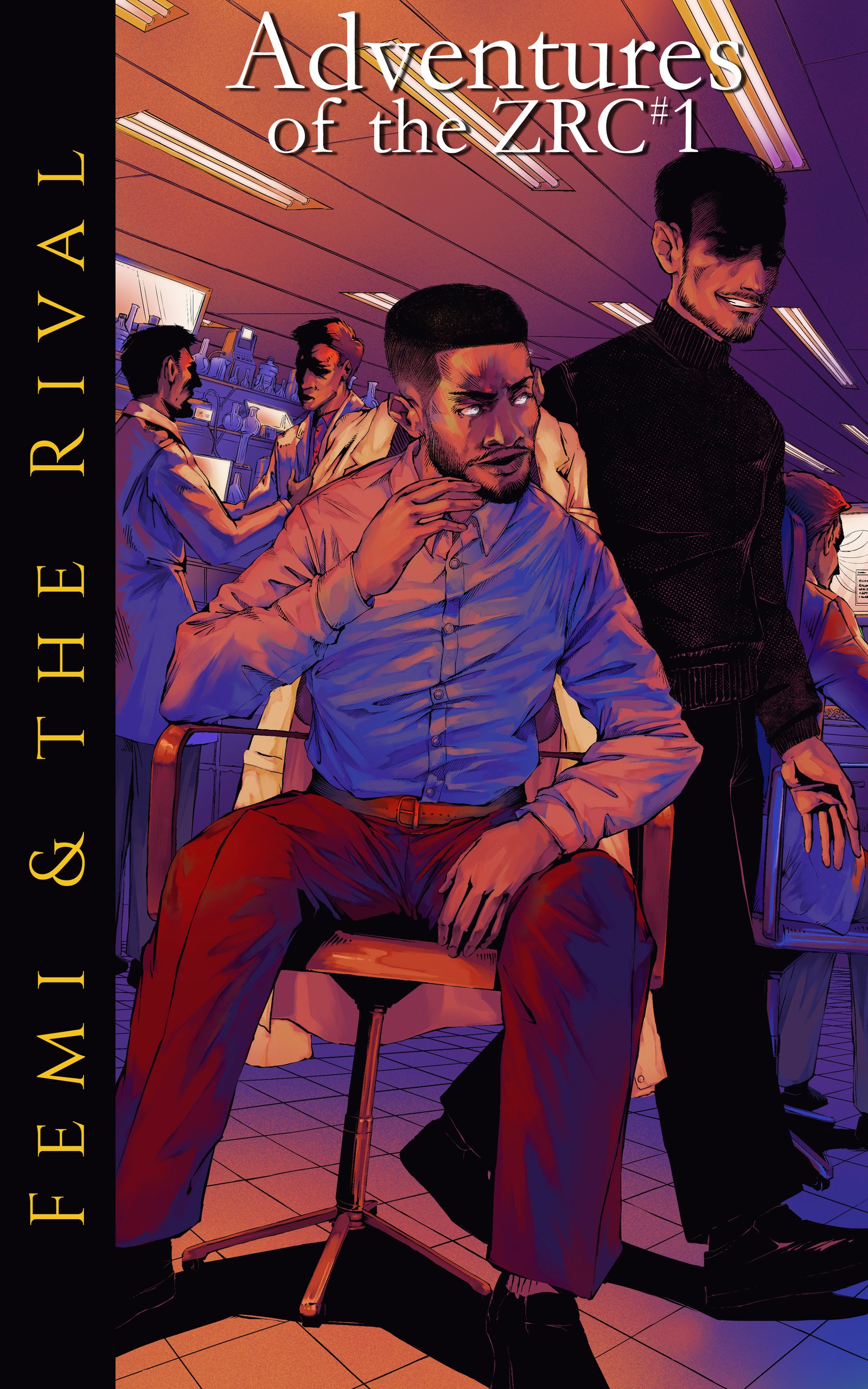
It seems that lately the Dark Academia genre has been making a recent resurgence with books such as, Ninth House and Catherine House releasing with great fanfare. Furthermore, old staples such as, The Secret History, If We Were Villains, and Magic for Liars are as popular as ever. Why is this you may wonder? I believe it’s because the Dark Academia genre inherently carries a certain mystique to it due to how the genre is defined by its amalgamation between the Gothic genre/aesthetic and the inherent mysticism often associated with old elite academic institutions and the buildings that often define them. Throw in curious, but socially inept twenty-something year-olds, a setting based in the fall, dark and muted colors, and a story that’s equal parts self-discovery and ancient conspiracy, and more likely than not, you have yourself a Dark Academia narrative just waiting to be told! But what else defines a Dark Academia you may ask?
A Dark Academia usually contains some common elements such as: characters being a bit too clever for their own good, which often gets them into trouble (that they were looking for anyway). A cavalier-like behavior that lends itself to pretentious protagonists that believe their book smarts can get them out of anything. Visually, as its gothic inspirations would suggest, the hues and atmosphere of Dark Academia titles are dark and muted colors such as, burgundy, navy blue, forest green, black, purple, and cream. Similarly, nature reflects this toned-down aesthetic as Dark Academia works are often based in the autumn season. As the name would suggest, the characters of Dark Academia stories are often on a scholarly pursuit of self-discovery or enlightenment of some sort. For example, in my Dark Academia novel, The Zaragoza Chronicles: Beginnings the scholars are weary of their generous benefactors who have offered them a scholarship with the opportunity to change their lives forever. However, their generosity is not all it seems after the scholars witness a series of events that couldn’t be readily explained or understood. However, while going through the scholarship’s orientation, the scholars find out just as much about themselves, as they do for their peculiar benefactors. I’ll get back to how my novel relies on some of the age-old tropes of Dark Academia, and in the ways it doesn’t and what I think the genre gets right and wrong.
What Dark Academia gets RIGHT
In my humblest of opinions, a Dark Academia must first have a conspiracy of some sort going on, which in the vein of some ancient university/institution/family, this shouldn’t be too hard, once things get to a certain age, the skeletons put themselves into a closet! What gets harder to explain though is the motive behind why each character attempts to solve the conspiracy, which leads me to the next point of what Dark Academia stories get right, at least, partly.
The characters of Dark Academia have to be… you guessed it, ACADEMIC! Not academic in the sense that they have been institutionalized, though this is often the case, but they must be able to think for themselves, and realize something abnormal going on when they see it. Not all Dark Academia titles get this right though, as characters sometimes try to do their best to ignore their intuition, but I’ll give them a pass this time, due to their primarily inquisitive natures.
Finally, I believe what Dark Academia get right is the tone and setting. Paramount to all Dark Academia works of fiction, the mood and settings of Dark Academia titles should be able to fit into any Edgar Allen Poe/ Mary Shelley story like a glove. The ambiance should be dark enough to foreshadow impending doom, but shouldn’t spill the beans in the first act of the book/movie. Ok the part, you’ve all been waiting for.
This first one may seem like a no-brainer, but you’ll be surprised with how often it is missed, and when I say often, I mean almost always!
What Dark Academia gets WRONG
- Euro-centricity
By far, the most common blunder that I see Dark Academia suffer from is the lack of diversity. This is an understandable, though not acceptable blunder to make in 2021. Considering the genres and time-periods that inspire the genre are virtually blanketed in whiteness not only whiteness, but the worst-kind, colonial whiteness, that indirectly tout European-based western education and philosophies as the core of all intellectualism. Think of all the Dark Academia you’ve ever read or watched, (I’m looking at you Dead Poets Society!) What do they all have in common? Correct, a predominately all-white cast devoid of any diversity, and if there is a non-white face, its often associated to whiteness without adding any differential factors to distinguish itself from the whiteness that surrounds it. In my opinion, this is the biggest faux-pas of this genre, especially when you take into account the increasing diversity at the Oxbridge, Ivy League-like schools the genre usually takes place in.
In fact, this was the primary tenet The Zaragoza Chronicles, revolved around. A group of diverse students, being awarded the most prestigious scholarship in the world, and how their differences of background lead to differences of opinions, which leads to different beliefs of what they believe is going on at the ancient Zaragoza Castle. If the Dark Academia genre became more diverse, a wealth of story-building suddenly opens up and quickly envelops you in engaging narratives that have yet to be told.
- Inherent Wealth
Another thing that the Dark Academia genre gets wrong is the belief that all the characters must be either a trust fund kid, or comes from a family whose surname starts with “Von.” This trope is one that is often reflected in other Eurocentric genres and aesthetics, but it revolves around the same tenet: whiteness is inherently wealthy and thus, doubly-exclusive to those who don’t belong to either category. Whether it’s guys dressed in impeccable double-breasted blazers made from the finest of wools, or gals adorned only in the latest fashion-forward gowns that looks bohemian-chic, but could’ve purchased the entire region of Bohemia with the same amount of money. It’s easy to see how this stereotype evolved after all, more often than not, the students who attend the elite universities Dark Academia titles are usually set in come from well-to-do families. However, not only is that not the case for the majority of students that attend these schools, I’m of the belief that despite what reality depicts, fiction can and should use its creative freedom to tell stories greater than what reality presents. Speaking as a Nigerian-American who attended one of the schools that a Dark Academia novel could take place in, my experiences of talking to other students of color, as well as various international students could spawn ten spin-offs from the Dark Academia genre all more interesting than the last. That’s why when I thought of writing The Zaragoza Chronicles: Beginnings, disadvantaged scholars of all backgrounds was a primary tenet, because ethnicity is not the only thing that can introduce diversity, and often times, true diversity also includes a diversity of financial ability, which gives way to a diversity of thought and beliefs.
BONUS: What Dark Academia gets Right in the Wrong Way.
This belief may be unpopular, but there is the notion that one of the things that Dark Academia gets wrong is the glorification of unhealthy behaviors the pursuit of scholarly excellence is often associated with. Unhealthy behaviors such as: copious amounts of caffeine, mental health issues like anxiety and depression, as well as unhealthy sleeping habits that exacerbate all of this problems even more. I’m of the opinion that this isn’t inherently wrong because these issues ARE things that university students deal with regularly (I know I did) and I appreciate how the genre sheds light on this issues so that they can be addressed both in fiction and reality. Femi, the MC in The Zaragoza Chronicles: Beginnings, is a prime example of the type of character Dark Academia titles regularly portray, a scholar who suffers from general anxiety disorder or GAD for all you psychology buffs out there. However, Femi acknowledges that he has a problem that he can’t wish away, and his friends know it too that it isn’t his fault. If we could have this type of openness for the mental health issues that frequently plague students, I think we as society could be well on our way to realizing how important mental health is, and to not be ashamed when it is brought up.
Conclusion
All in all, the Dark Academia genre is one that is near and dear to my heart, not only because it is the genre of my first planned trilogy, but also because the genre is the result of many other literary genres that I fell in love with and piqued my curiosity. From the scenarios and characters that remind me of my own time in under and postgraduate studies, to the mysteries and secret societies that would make any fan of gothic horrors thrilled (pun intended). The Dark Academia genre has the potential to be so much more relatable if storytellers would look past these traditional stereotypes and embrace telling a Dark Academia that is as fresh and diverse as the readers who are often attracted to this resurgent genre.
Subscribe to my newsletter for the latest updates from yours truly, Ajax Writes!


Recent Comments